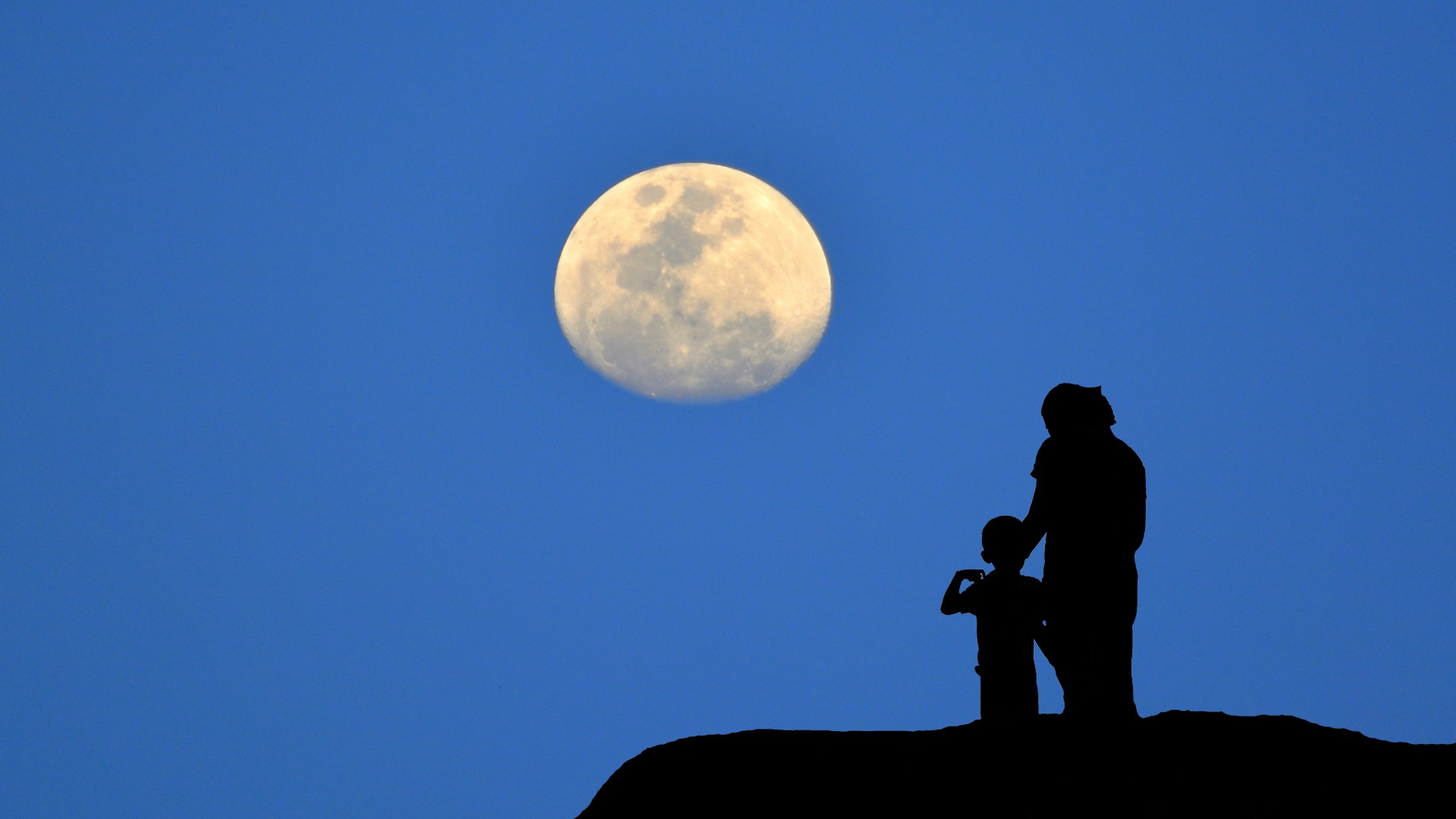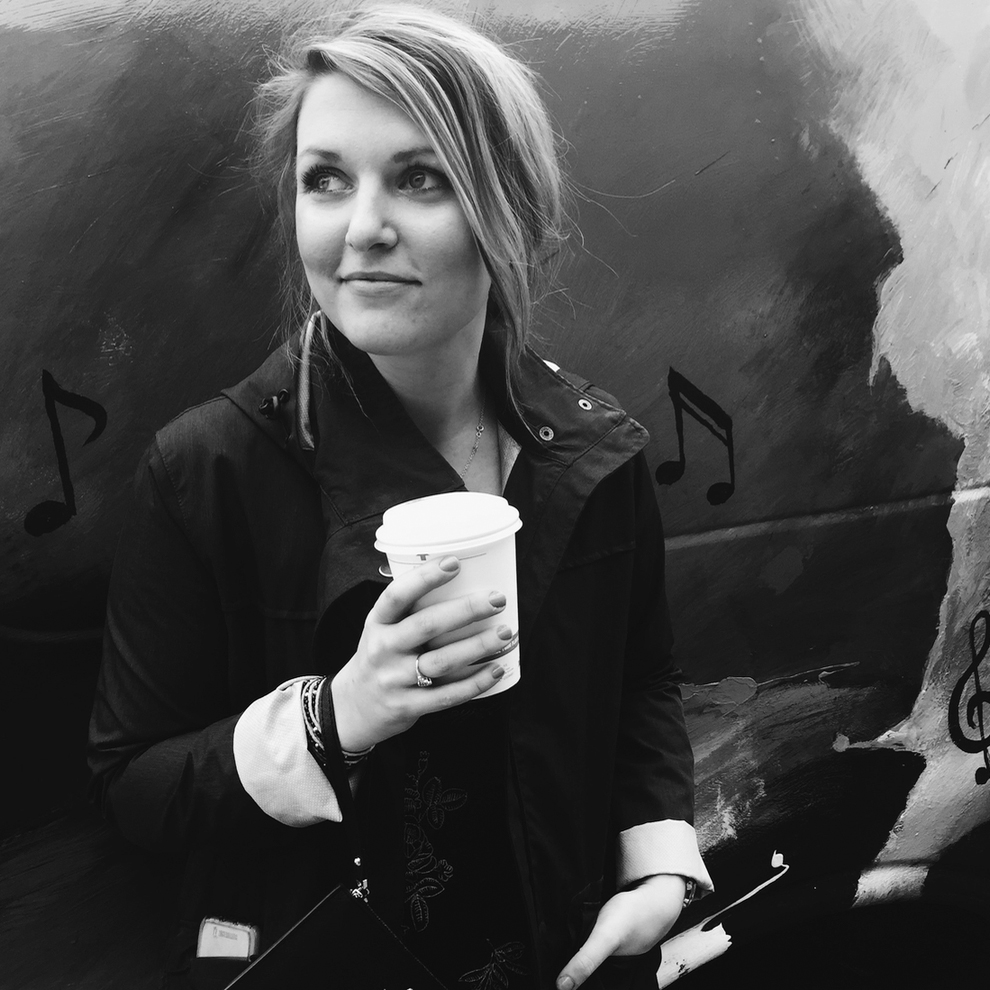
Donavyn Coffey
Donavyn Coffey is a Kentucky-based health and environment journalist reporting on healthcare, food systems and anything you can CRISPR. Her work has appeared in Scientific American, Wired UK, Popular Science and Youth Today, among others. Donavyn was a Fulbright Fellow to Denmark where she studied molecular nutrition and food policy. She holds a bachelor's degree in biotechnology from the University of Kentucky and master's degrees in food technology from Aarhus University and journalism from New York University.
Latest articles by Donavyn Coffey

Why do we go 'weak in the knees'?
By Donavyn Coffey published
The saying "weak in the knees" may be figurative for many, but can it really happen to people?
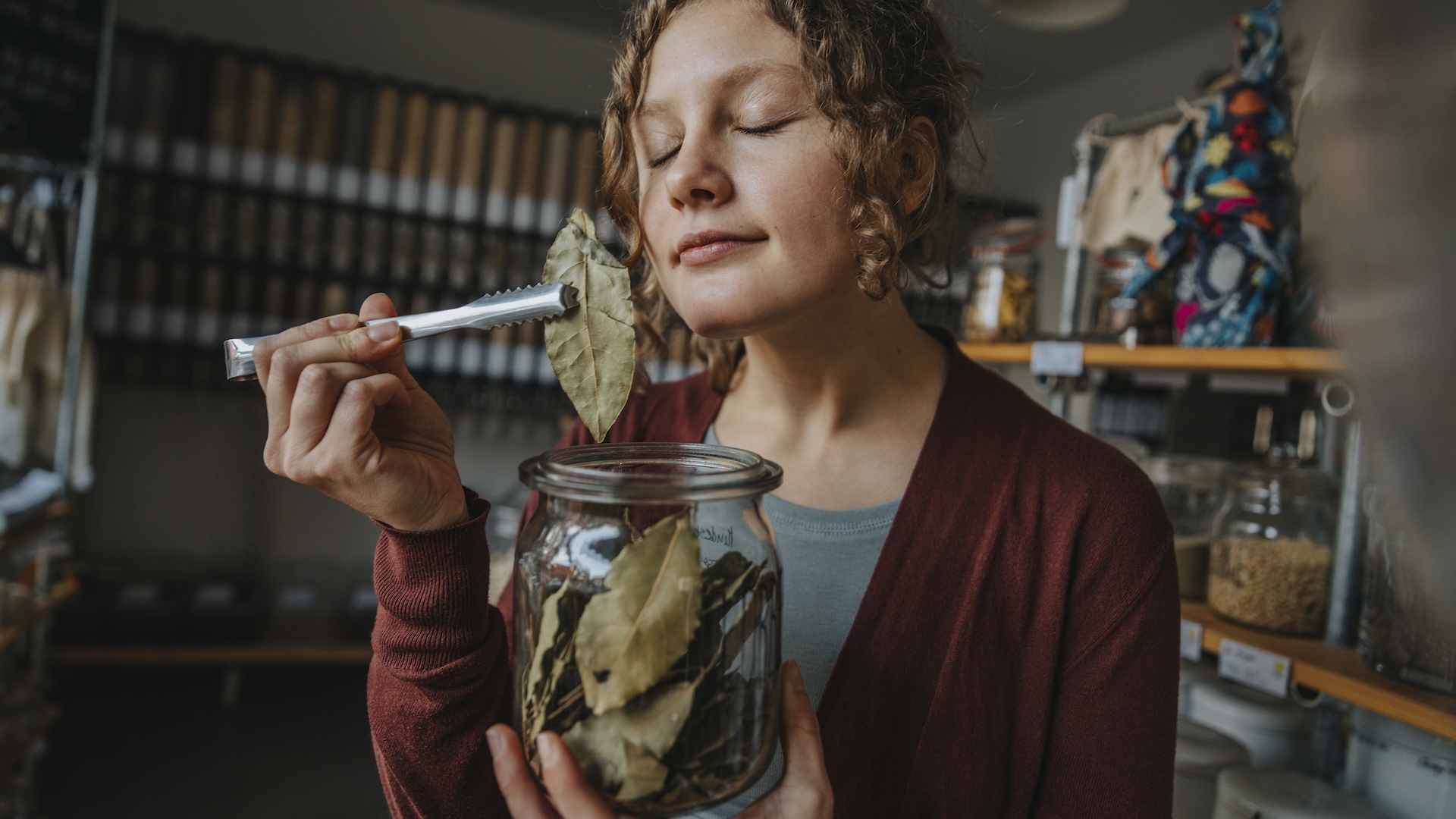
Do bay leaves actually add flavor, or is it all a con?
By Donavyn Coffey published
Some say bay leaves are full of flavor, others call them a fraud.
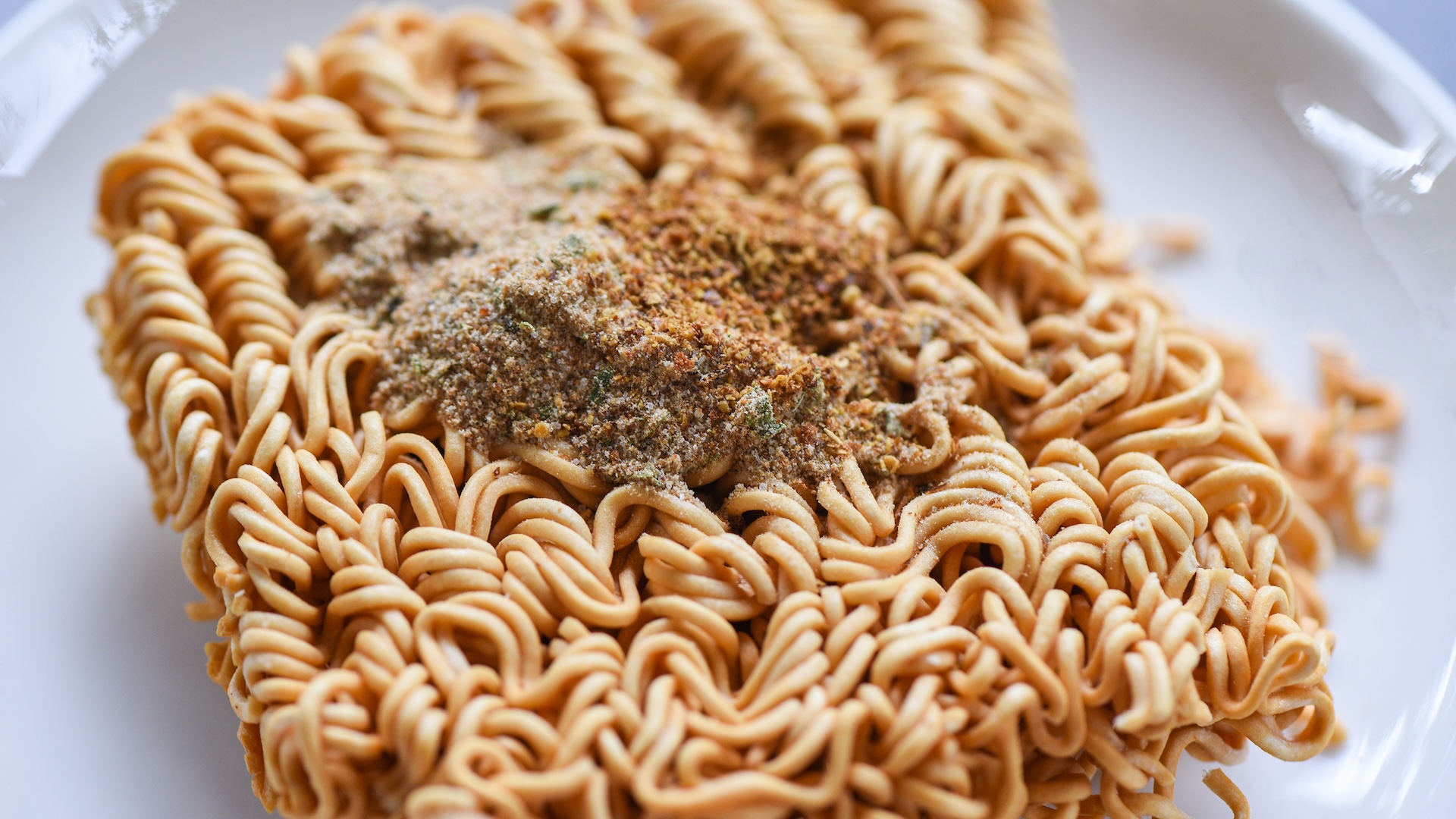
Is MSG bad for you?
By Donavyn Coffey published
The case against MSG began with a letter to the editor back in the 1960s. But was there any truth to it?
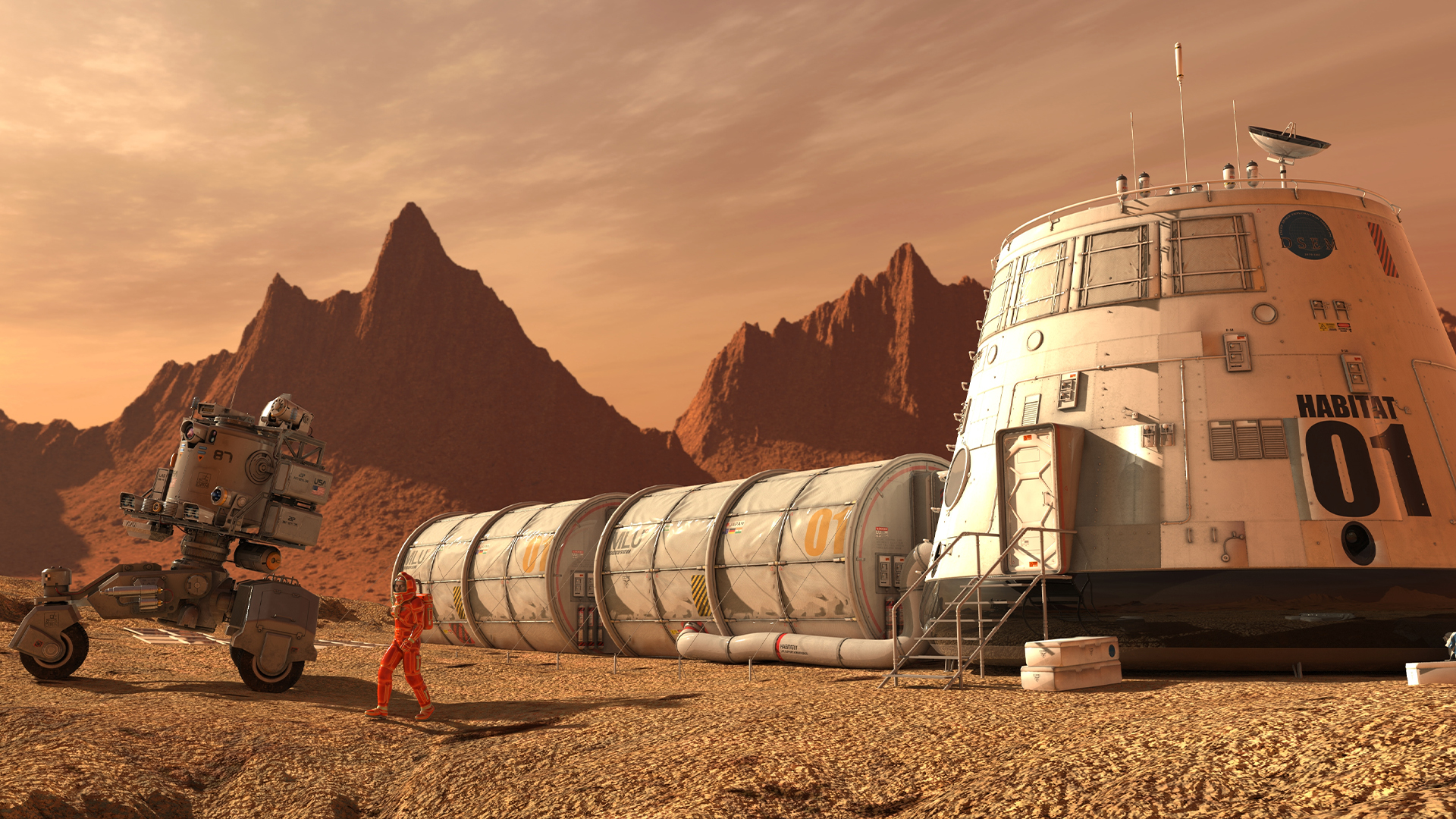
Which animals will be the first to live on the moon and Mars?
By Donavyn Coffey published
Spaceborne animals could help humans survive on the moon or Mars. But which creatures would be the best for astronauts?

Why does poop smell bad?
By Donavyn Coffey published
And for medical purposes, how stinky is too stinky?
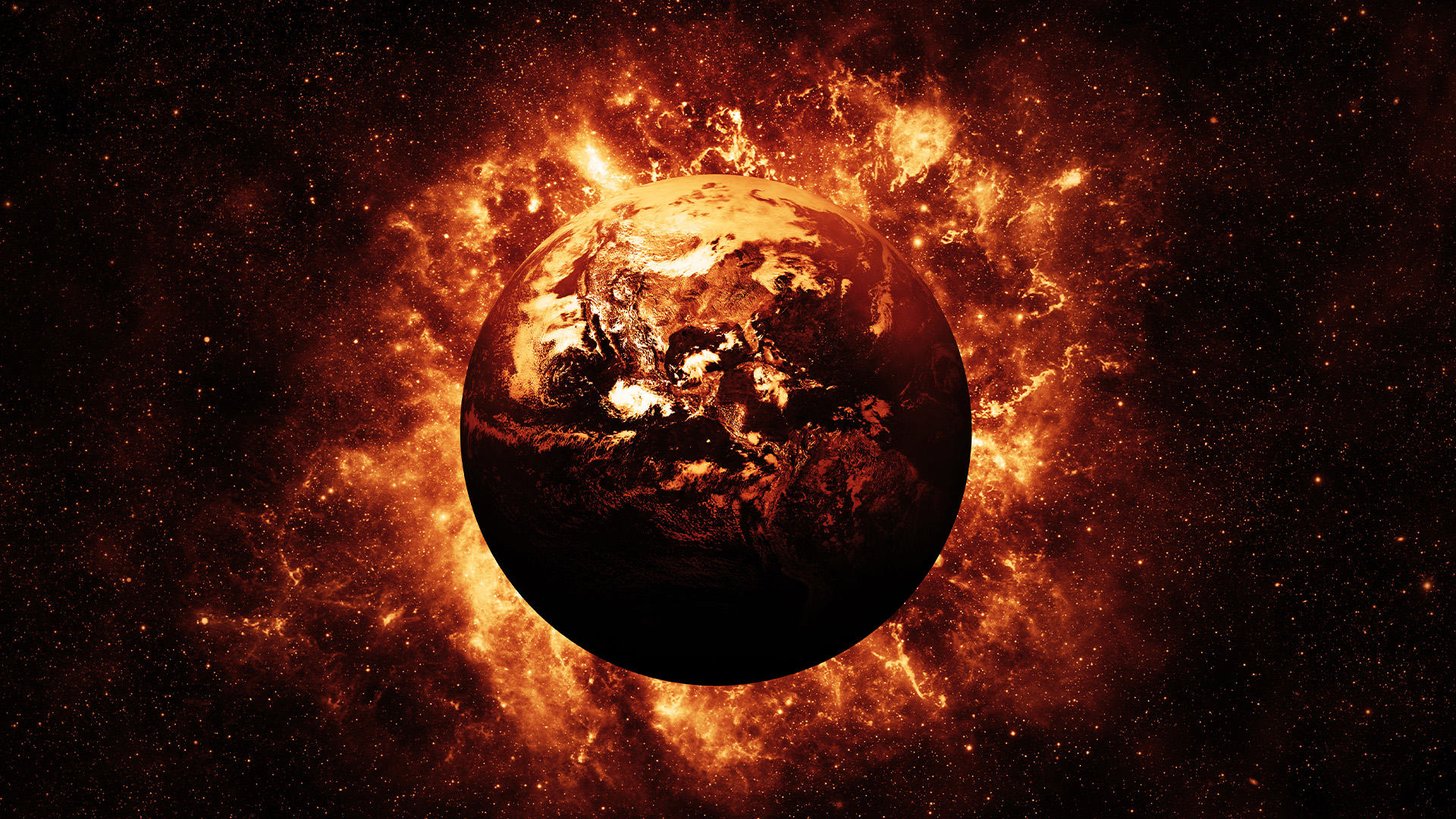
How long will Earth exist?
By Donavyn Coffey published
Humans will likely die long before our planet does.
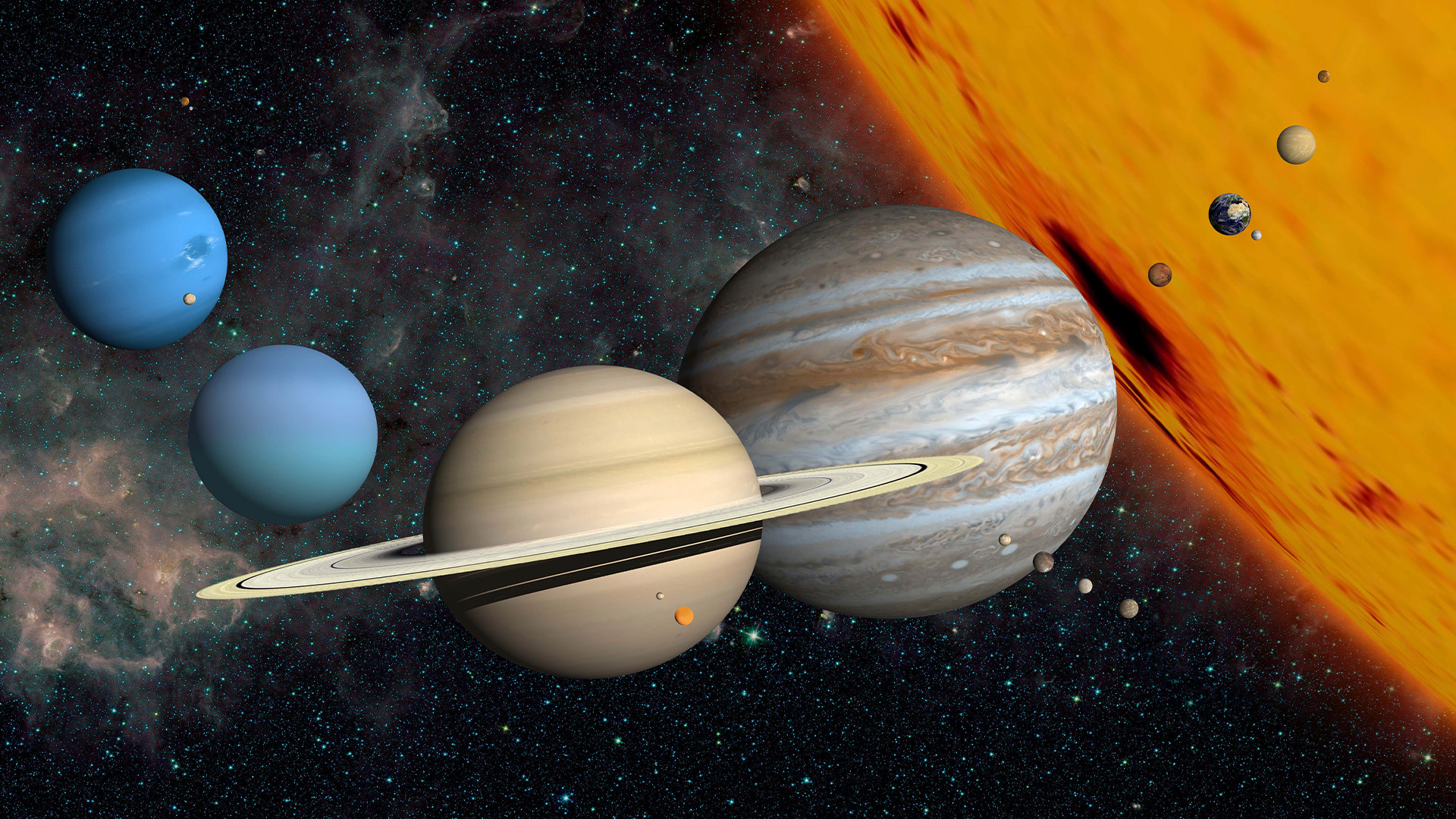
Why are things in space round?
By Donavyn Coffey published
Why are most planets and moons (mostly) spherical?

Do redheads really need more anesthesia?
By Donavyn Coffey published
Redheads are said to experience pain differently than other people and require higher doses of pain medications, depending on the drug used. Why?

Why is the sky blue?
By Donavyn Coffey published
The sky's blueness isn't from reflecting the water. Instead, its color has to do with scattered light.
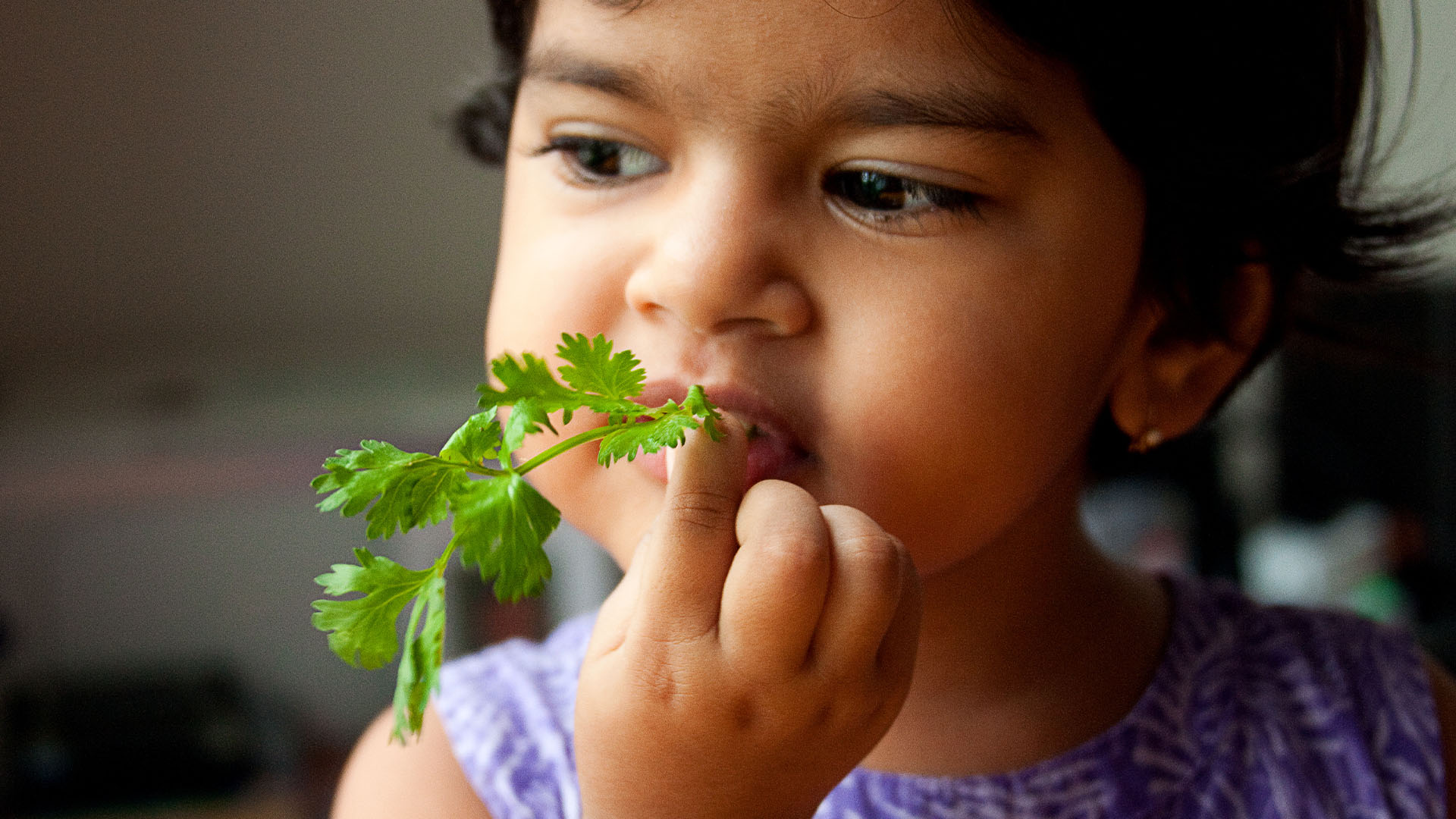
Why do some people think cilantro tastes like soap?
By Donavyn Coffey published
Here's the science behind why some people hate eating cilantro, which is also known as coriander.

Genetically engineered pink pineapples are flying off shelves: What gives them their distinctive color?
By Donavyn Coffey published
The food giant Del Monte has created a genetically engineered pink pineapple that owes its rosy hue to higher concentrations of a pigment called lycopene.
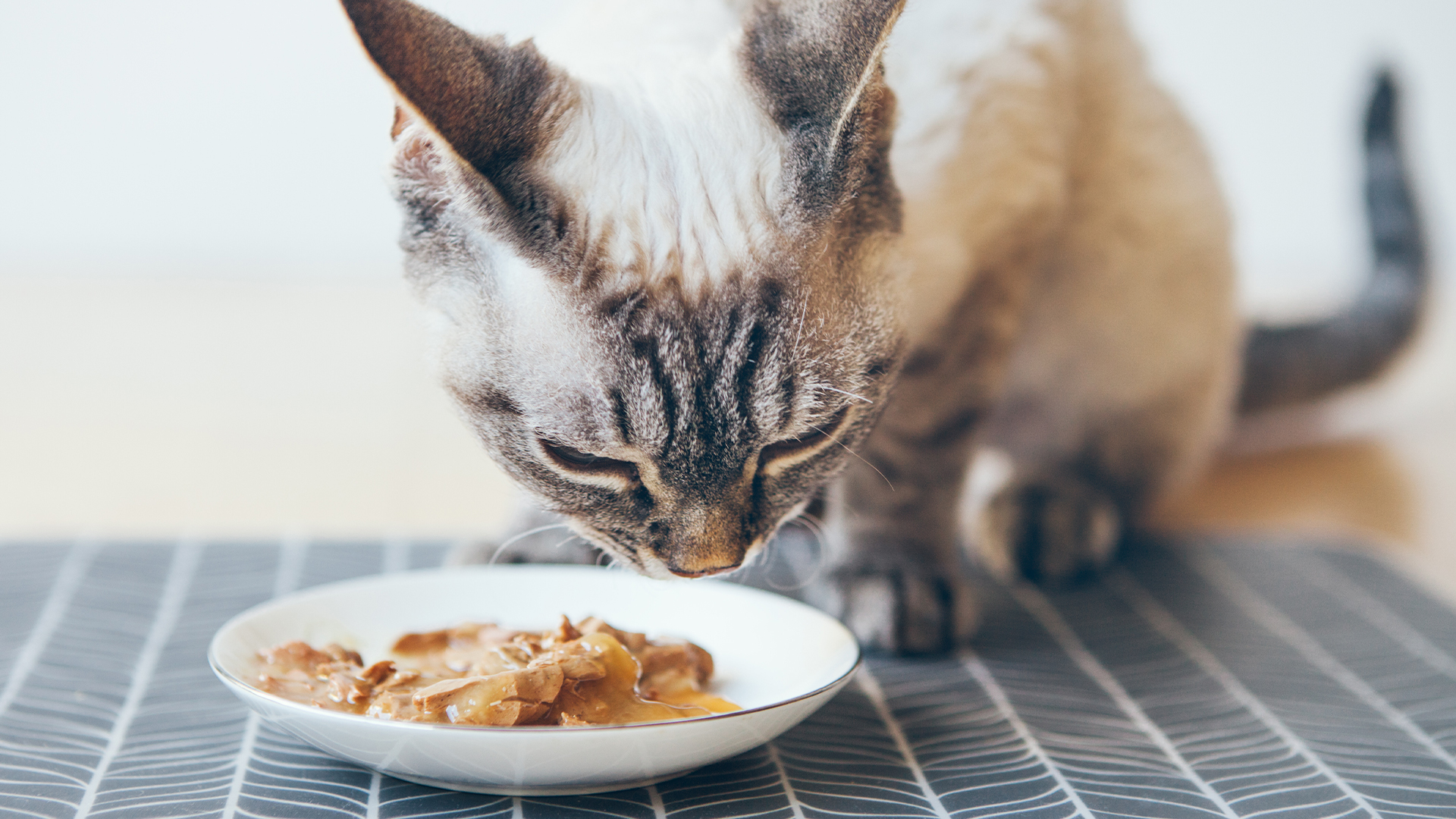
Scientists finally figure out why cats are obsessed with tuna
By Donavyn Coffey published
Cats love tuna because it contains high concentrations of chemicals that make its umami taste receptors light up.
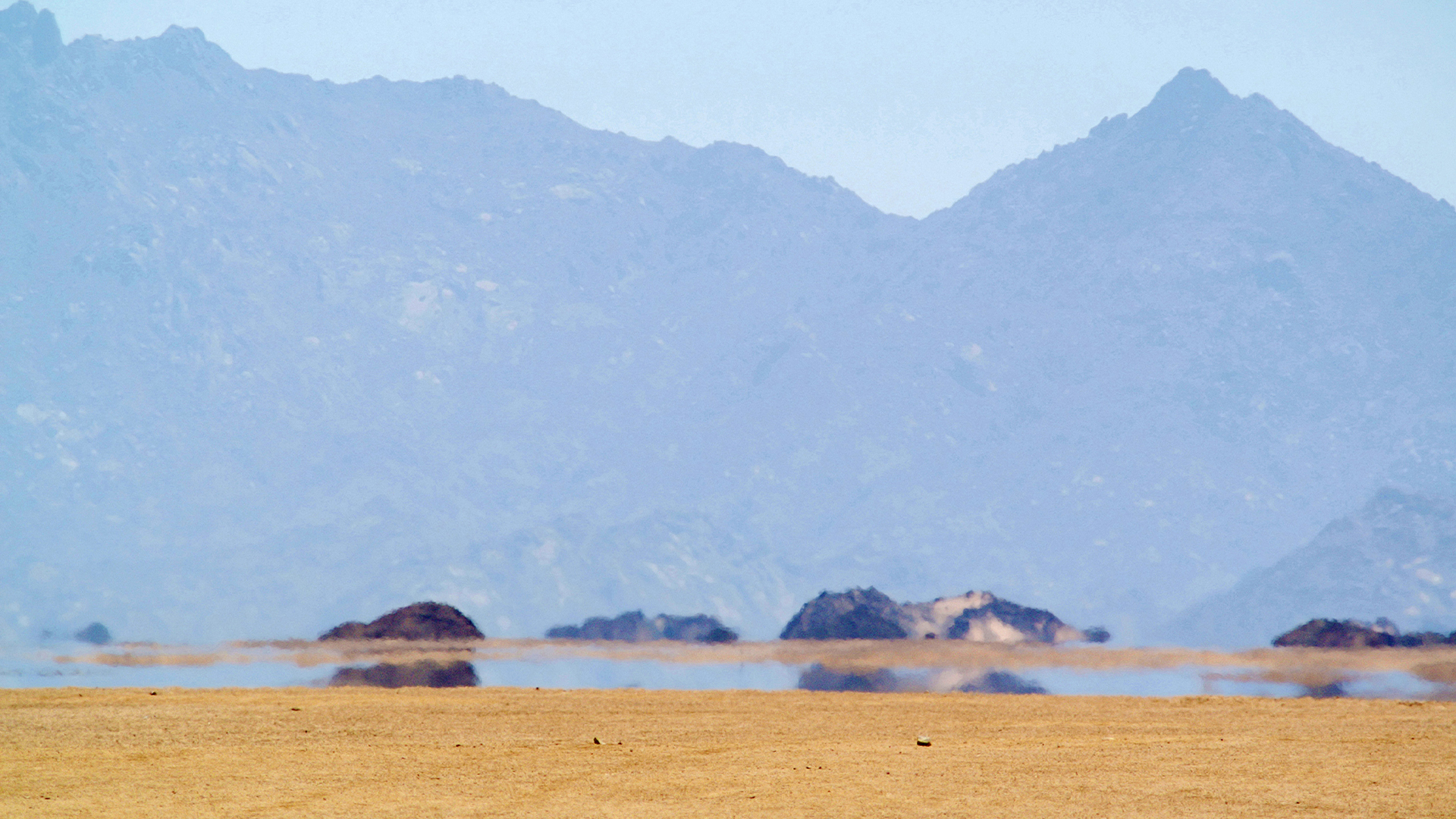
How do mirages work?
By Donavyn Coffey published
What are mirages and why does this optical phenomenon cause us to see reality differently?
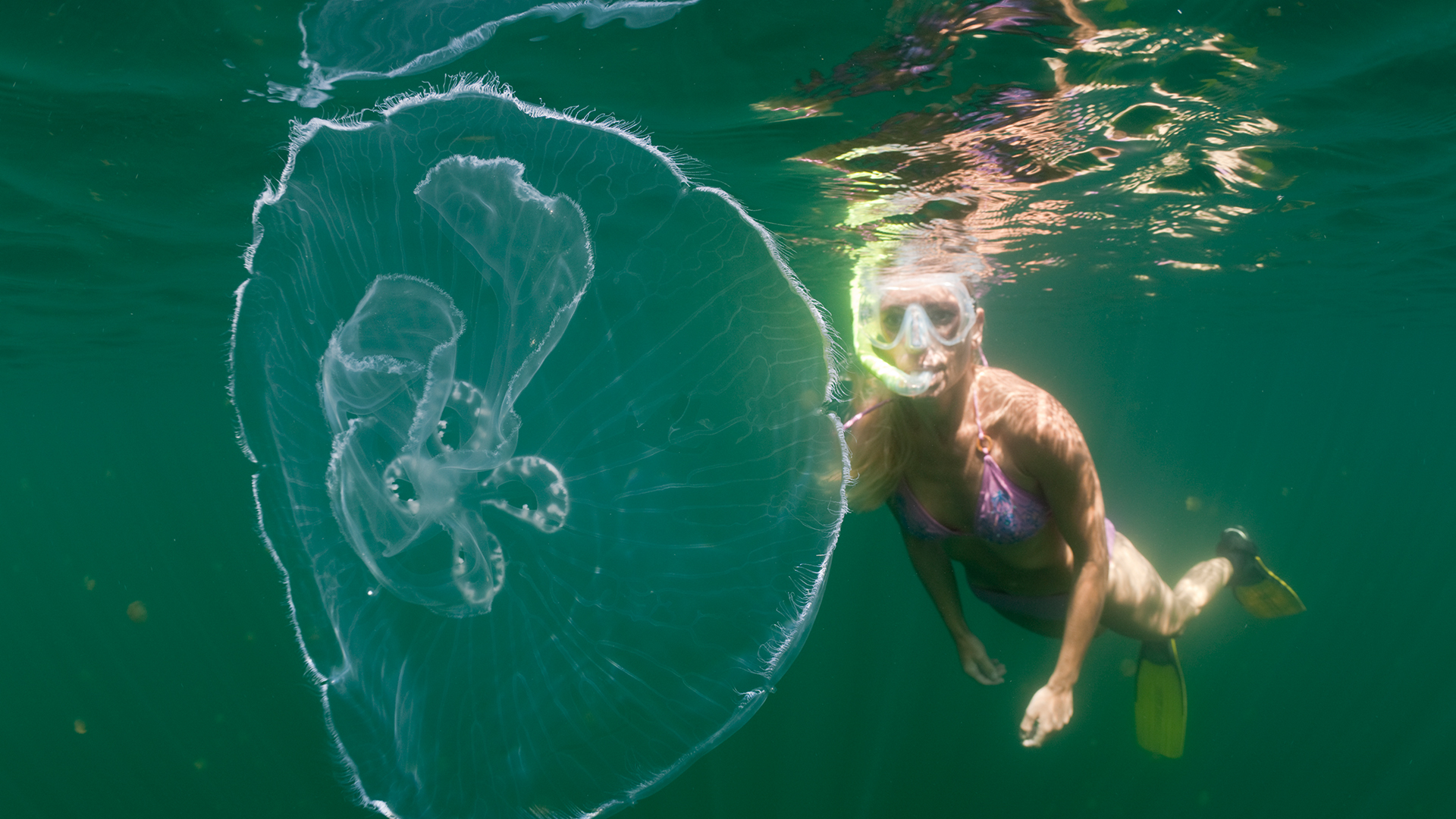
Should you really pee on a jellyfish sting?
By Donavyn Coffey published
Is it fact or folklore that peeing on a jellyfish sting is a good way to treat it?
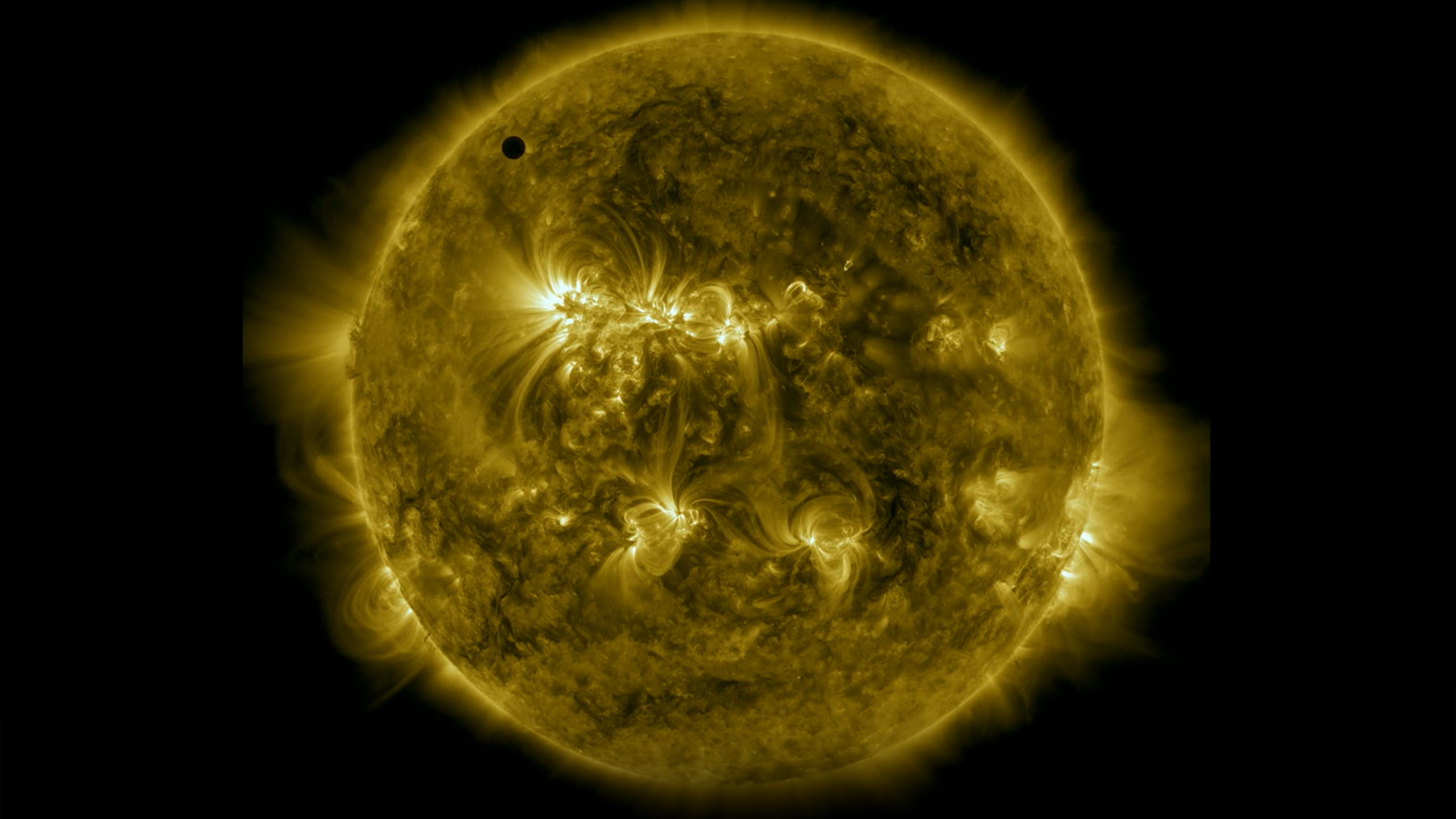
15 dazzling images of the sun
By Donavyn Coffey published
The sun is Earth's closest star, yet its beauty is too intense to appreciate with the naked eye. Here are some of the most stunning solar images that our satellites and telescopes have captured.

Does caffeine help or cause headaches?
By Donavyn Coffey published
Caffeine's influence over headaches is complicated.
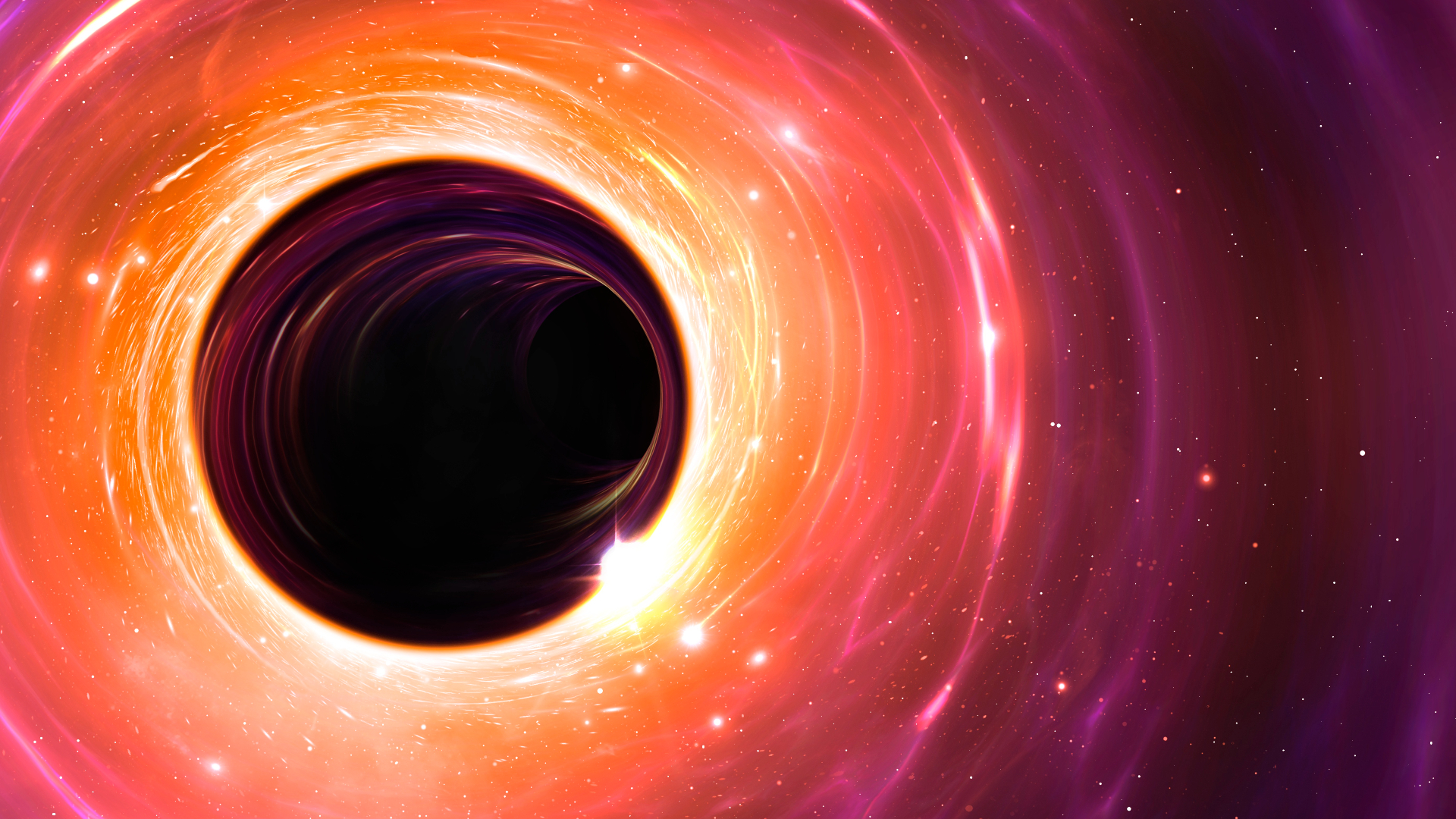
Could a black hole devour the universe?
By Donavyn Coffey published
Black holes can swallow stars, planets and even merge with other black holes, but could a massive one swallow the entire universe?

How does water put out fire?
By Donavyn Coffey published
Water extinguishes fire, but it doesn't act on the flames themselves.
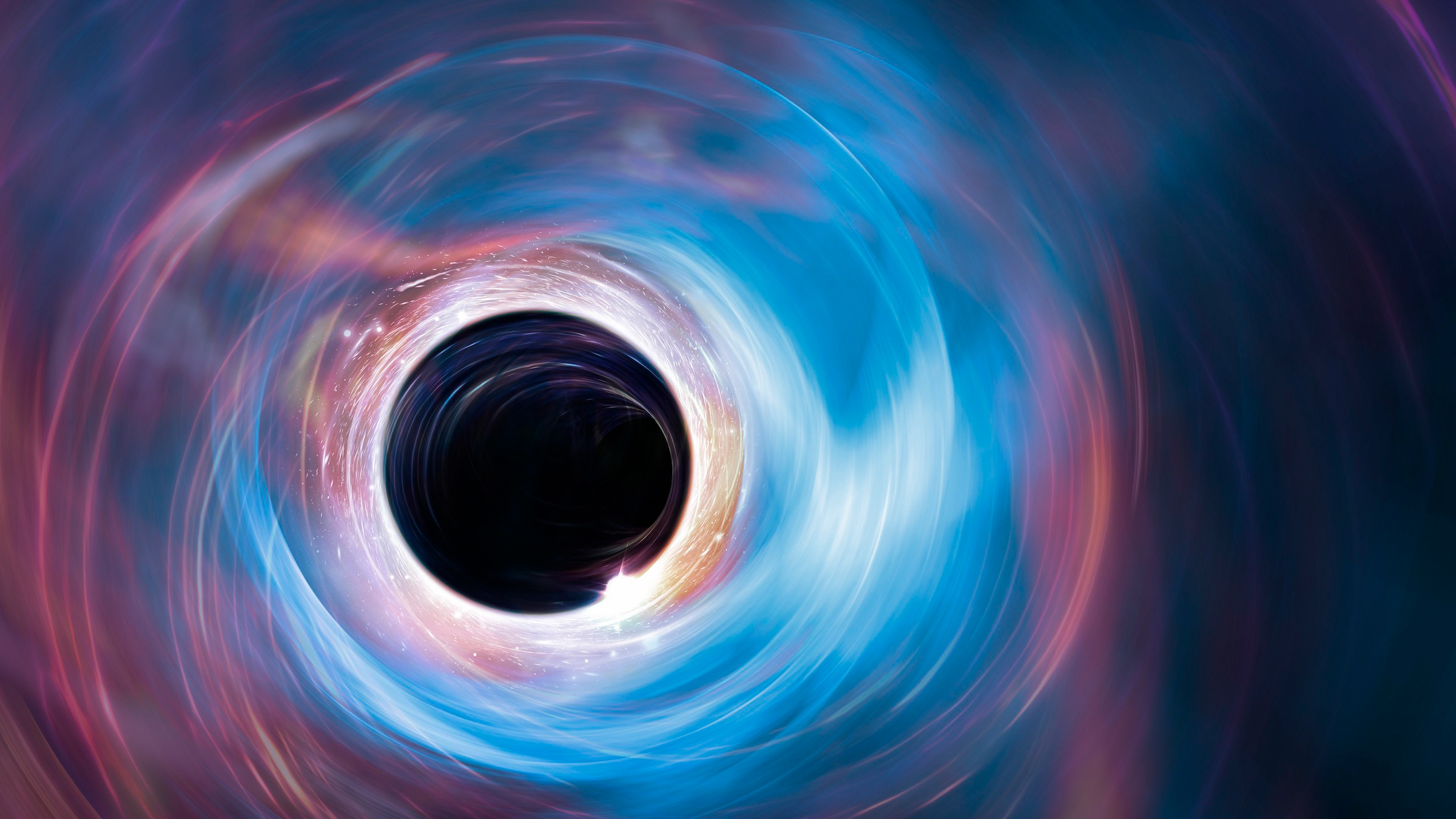
Could Earth be inside a black hole?
By Donavyn Coffey published
And for that matter, could our universe be inside a black hole?

How many people have died in space?
By Donavyn Coffey published
Five missions have been fatal to space travelers.
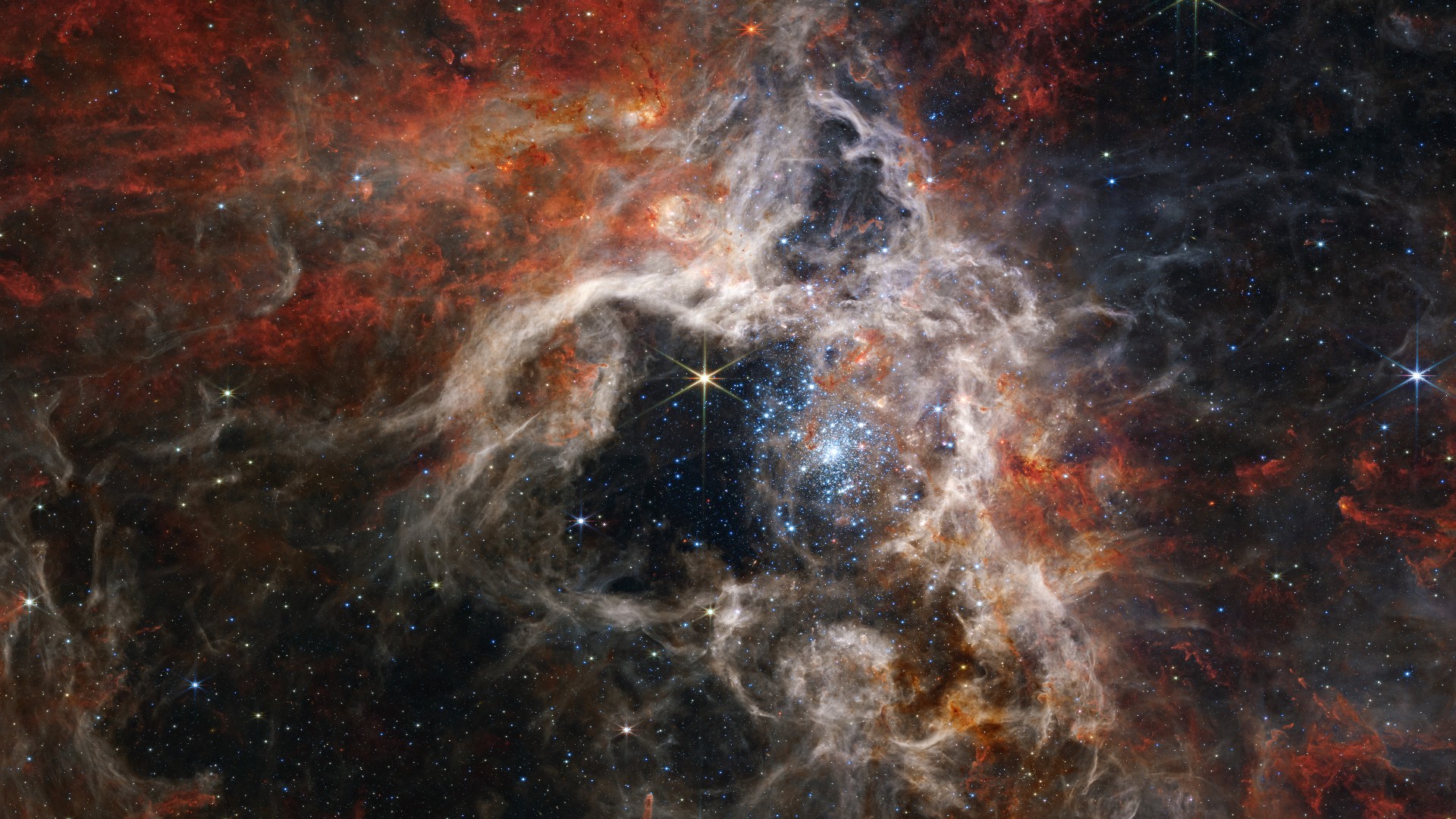
25 gorgeous nebula photos that capture the beauty of the universe
By Donavyn Coffey published
Nebulas — colorful clouds of expanding gas and dust — have long captivated stargazers with their beauty. Here are 25 of the most stunning nebulas in the universe.
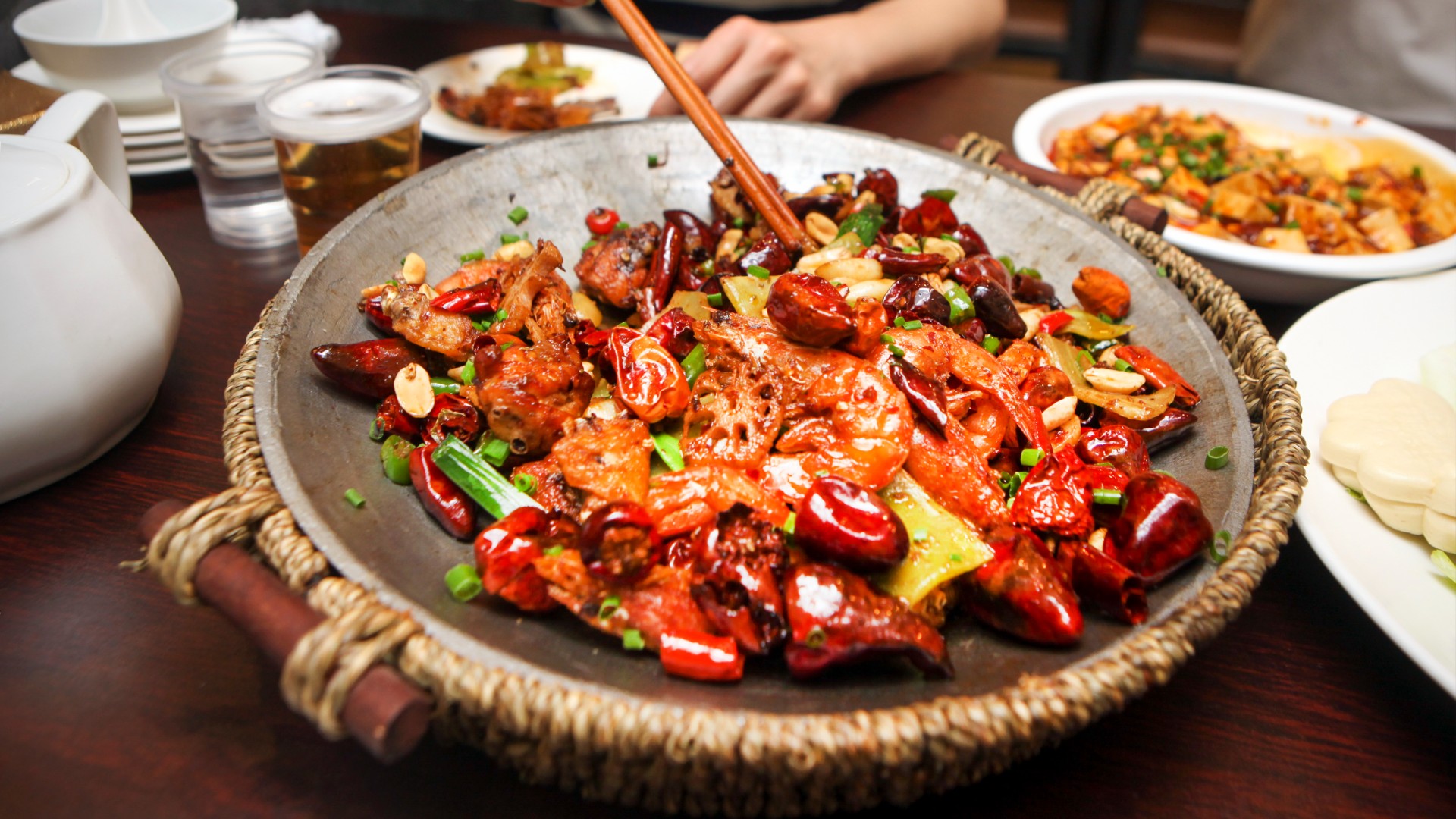
Why do people like spicy food?
By Donavyn Coffey published
The chemicals that make food spicy don't target taste receptors, but rather temperature receptors in the tongue.

How long can you go without sleep?
By Donavyn Coffey published
And what can happen to your body if you stay awake way past your bedtime?
Sign up for the Live Science daily newsletter now
Get the world’s most fascinating discoveries delivered straight to your inbox.
